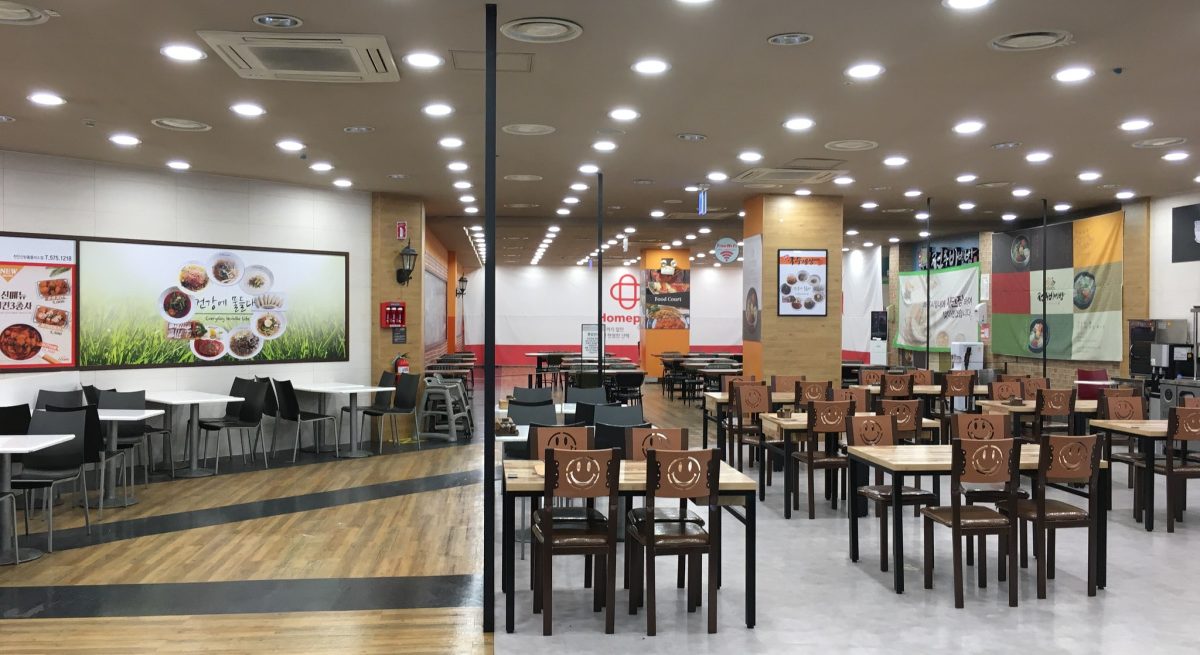How Business Insurance Could Save Your Restaurant from COVID-19
4 Min Read By Seth Row
As of the end of March, almost a third of Americans were under some type of “stay-at-home” order due to COVID-19, either mandated locally or statewide, with no immediate end in sight. This world-altering development—part of a rational and effective public health strategy to slow the spread of disease and help our health care system cope with the devastating illness—has also been a widespread and immediate economic disaster for the nation’s restaurant and food service sector. Yes, many restaurants closed during the Great Recession, but the attrition happened over months or years. In March 2020, restaurateurs across the country have had to shutter their businesses in some cases literally overnight.
Some of our Washington and Oregon hospitality clients shut down early, while others waited for a government order; some shut down entirely, while some have tried to stay afloat by moving to to-go and delivery only. All of them have asked us for help in saving their businesses and helping their employees. We are assisting with landlord negotiations over force majeure clauses, with banks over loan forbearance, and structured furloughs.
In addition, most restaurants should have business interruption insurance, and that insurance may provide some relief from economic pain. Business interruption insurance covers the loss of income that a business suffers after a disaster. The income loss covered may be due to disaster-related closing of the business facility or from the loss of a key supplier that is itself shut down. However, there’s a lot of misinformation swirling out there—some of it propagated by the insurance industry—about whether these policies will or should respond to this crisis. Thankfully, there are a few things restauranteurs can do to protect the ability to collect on your business interruption (a/k/a business income) insurance:
Don’t Believe the Propaganda
The insurance industry is trying to stop business owners from making claims by repeating the mantra “no insurance available for COVID-19 claims.” That’s just not true. While some businesses have “virus” or “communicable disease” exclusions, we are finding that some of our clients’ policies don’t have that exclusion or have it in a form that makes it potentially inapplicable. (One analysis predicts that 80 percent of policies do not have the standard-form industry exclusion).
And even if your policy carries that exclusion, hope is not necessarily lost. There are many, many different kinds of business income policies out there—the specific wording of your policy (even very minor differences) will matter. When an insurer tells you that virus contamination isn’t “property damage,” remember that most policies are written on an “all-risk” basis, meaning that it is up to the insurer to clearly exclude something as a “cause of loss.” Courts have found that contamination from smoke, chemical odors, and e coli counts as “physical loss or damage.” Also, most policies contain “civil authority” coverage that overrides any requirement that your property be damaged—meaning that if you lose business due to a “stay-home” or “shelter-in-place” government order, you may have coverage.
Document Everything
This is the time to start keeping a journal. Insurance companies often fight claims on the basis that the policyholder didn’t keep contemporaneous records of why decisions were made or how much money was lost. Spending the time now to write things down, confirm conversations in an email, and save documents in a safe place (in the cloud) will pay off later.
Gather Your Complete Insurance Policy
We frequently find that restaurant owners don’t have their own complete copy of their policy. All parts of an insurance policy work together. Ask your broker to send you a complete copy of each of your policies (particularly your property insurance policy), read it yourself, and have your legal adviser read it.
Be Prepared for a Fight
I don’t mean to give anyone false hope here—you would be wise to prepare to battle with your insurance company. While some law firms, such as ours, have litigated similar claims before, in this crisis, a number of the legal theories have not been tested in any court, anywhere. And there will be a lot of factual issues in dispute. (For example, for a “civil authority” claim, the restaurant may need to show the presence of the virus, or a loss of use of property, within a certain radius of the restaurant.) A team of experienced advisers can help guide you, ideally starting with your insurance broker.
Make the Claim
Many property policies have short windows in which a business income claim needs to be asserted or it may be difficult to recover. And there is almost no reason not to make a claim in these circumstances—the investment of time is minimal. Also, if your restaurant has not yet been directly subject to a government order, making a claim will be easier if/when there is a government edict shutting down access (implicating “civil authority” coverage).
Finally, there is a good chance that there will be legislative pressure on insurers to pay, and the higher the number of claims, the better (and also, if you haven’t made a claim, you may not benefit). So remember the adage “if you don’t A-S-K, you won’t G-E-T,” and work with your broker or lawyer to put in that claim.
As one insurance advocacy group is saying: “Bottom line: Don’t take no for an answer until you’ve exhausted all arguments and avenues for help. And there are many of them.”
Restaurants and food service companies play a vital role in our communities. Six percent of Americans—26 million people—work in them every day. Restaurants enliven neighborhoods, introduce us to new cuisine, support our farmers and train the next generation of culinary workers. We’re all going to need to dig deep to ensure restaurants survive; I hope you take the first step with the mundane (but important) act of reading your business insurance policy.


